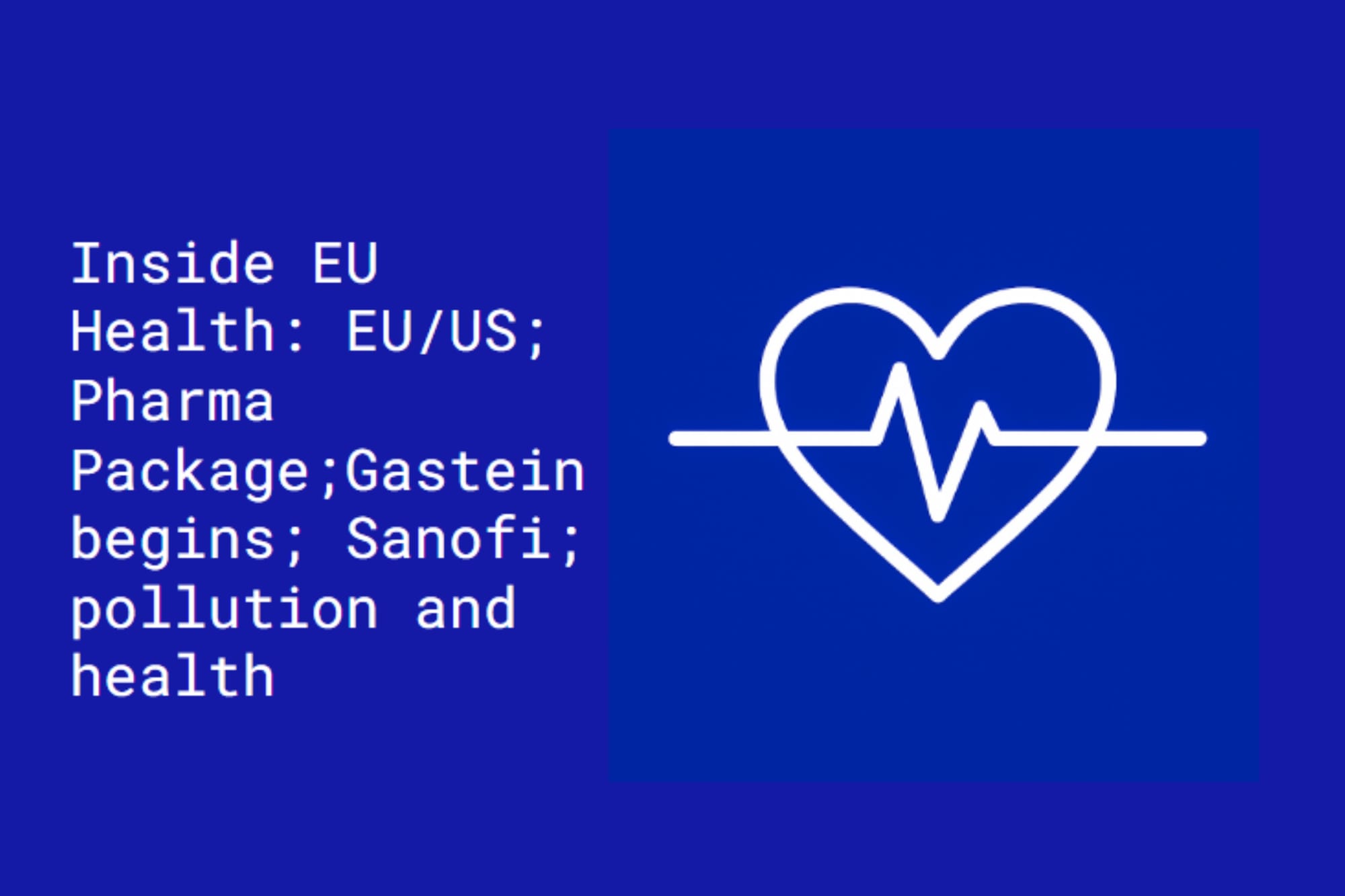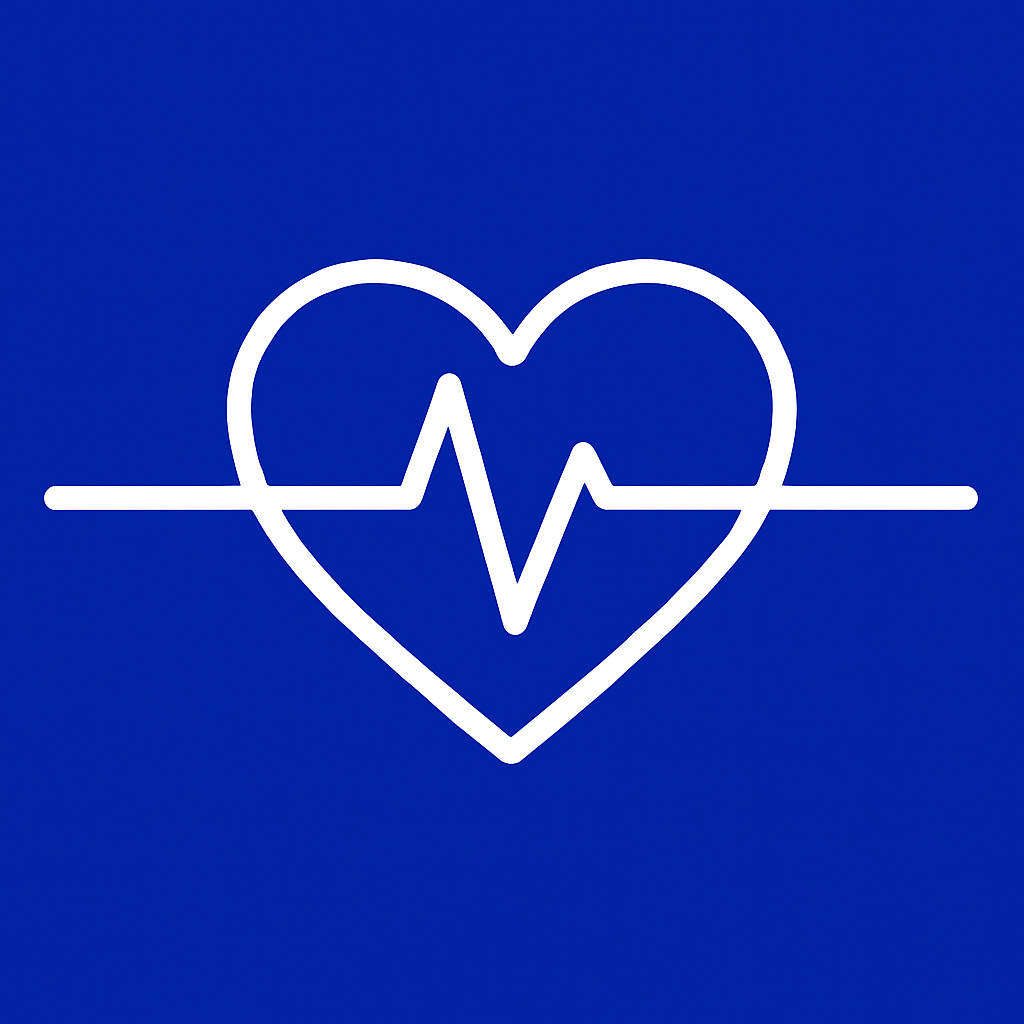Inside EU Health: From Trump’s latest deal to a possible life sciences investment fund
Inside EU Health: Pfizer strikes Trump-era drug deal, Brussels battles pharma package, Denmark caps drug prices, Sanofi raided, Poland mulls alcohol ban & Gastein forum kicks off.

Welcome to the first Vital Signs newsletter.
Vital Signs will take the pulse of EU Health Policy with concise updates from Monday to Thursday. We’ll keep it short - and essential - for all those working in the healthcare zone whether you are in a national administration or working in life sciences research, or just interested in all things health.
Across the pond: With Donald Trump back in the White House there isn’t a dull moment, but sometimes you wish there was.
At the start of last week, the European Medicines Agency had to come to the defence of paracetamol, in the face of evidence-free claims from the US administration that it was linked to autism; by the end of the week the European Commission was reassuring pharma companies that the EU/US trade deal was still intact, with tariffs capped at 15% on tariffs, despite a social media post claiming they could soar to 100%. Read more here.
Pfizer, first to ‘break ground’: Yesterday was the deadline for meeting what Trump calls “most-favoured nation pricing”; the first to make a deal was Pfizer, who announced that it will lower prescription drug costs for American patients and increase its investment in US research and development by $70 billion in the coming years, securing a three-year exemption from potential Section 232 tariffs. Read more here.
COREPER or Co-despair: Spare a thought for the heaving agenda of senior diplomats meeting in Brussels today. The agenda will include discussions on the Pharma Package. Price pressures may give pause for thought when considering additional obligations on pharmaceutical companies, in particular, any sort of measure that places additional obligations to launch in all 27 EU states. More than ever, countries will be weighing up further cost implications given Trump’s targeting of OECD countries with GDP per capita of at least 60% of US levels, corrected for purchasing power. Danish dreams of getting the package over the line by the end of the year may be receding.
There ain’t nothing like a Dane: National administrations keen to cut costs will be looking on with some anxiety, wondering if Europe will have to pay more for its medicines. But, if you are Denmark, you might be breathing a sigh of relief since it just reached a new agreement maintaining a price cap on medicines. The move is intended to create predictability for consumers and limit the growth in the regions' spending on medicines. Will this mean that this budget will be squeezed, or strengthen Denmark’s negotiating position with pharma companies? We’ll see who’s better at the ‘Art of the Deal’.
Sanofi: The Commission carried out an unannounced antitrust inspection of Sanofi offices in France and Germany, they are investigating the possibility of the company using exclusionary practices that may amount to anti-competitive disparagement. The investigation is linked to their conduct in relation to its seasonal flu vaccine. In a statement the company said it was “confident that it is compliant with the relevant rules”. Read more here.
Life support: Yesterday, EU research ministers adopted conclusions on life sciences stressing the need for urgent action to shore up the sector's competitiveness. One of the ideas they floated is support for a European Life Sciences Investment Fund, read more here.
Poland alcohol sales limits: Former European Council President, Donald Tusk tweeted his support of a ban on the sale of alcohol at night, saying that he was more convinced by the arguments: “This is clearly visible in emergency departments and on the streets of cities where such regulations have been introduced. We all want less alcohol to be consumed in Poland; this is about the well-being of the residents.”
WHO/Europe Director high-fived Tusk’s tweet: “Thank you for supporting nighttime alcohol sales bans. Evidence from Lithuania’s sales limits and Nordic monopolies shows reduced harm.”
Breath in, breath out: It all makes you feel like breathing in some clean mountain air; and there is no better place to do that than in Gastein where the European Health Forum is kicking off. As ever, the forum will gather the great and good to discuss all things health. This year the focus is on ‘Rethinking solidarity in health: Healing Europe's fractured social contract’. To read more about it, click here.
Clean air: The European Environment Agency's (EEA) published its five-yearly State of Europe's environment report at the start of the week, which reminded that there was still an urgent need to transform our key systems of production and consumption.
The report acknowledges that progress has been made in improving air quality, with a 45% reduction in premature deaths attributable to fine particulate matter from 2005 to 2022, and the vast majority of people having access to clean drinking water and sanitation. However, the report estimates that 10% (239,000) of premature deaths are still driven by exposure to polluted air, water and soil, noise and harmful chemicals, with noise linked to 66,000 premature deaths. The EEA puts a cost of €600 billion each year on air pollution alone.
